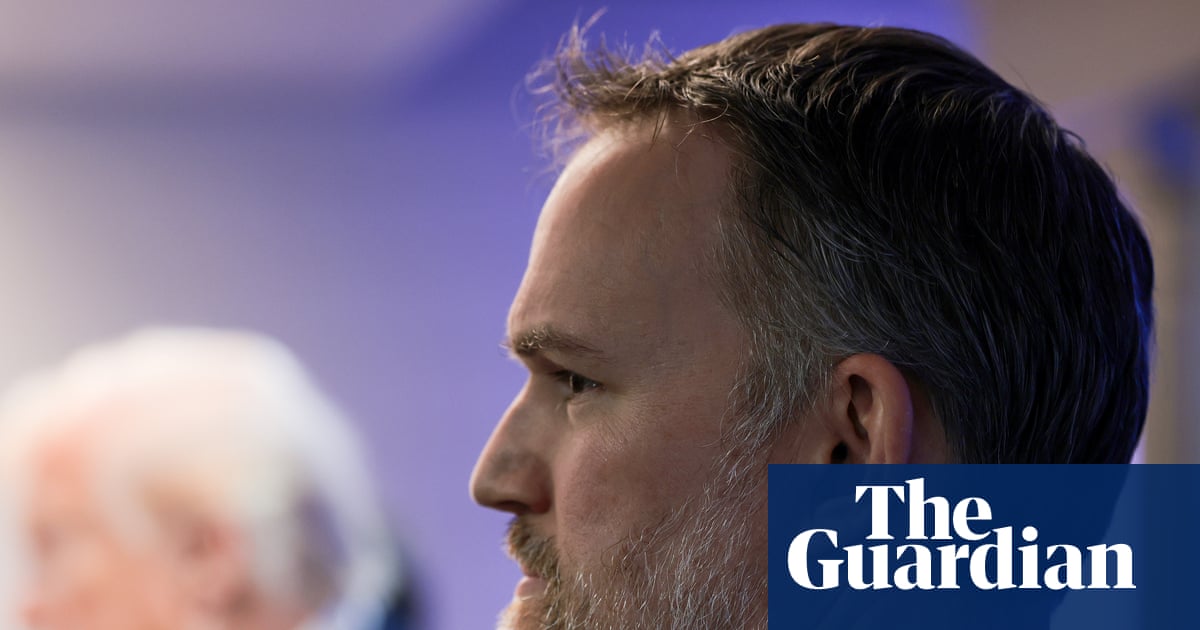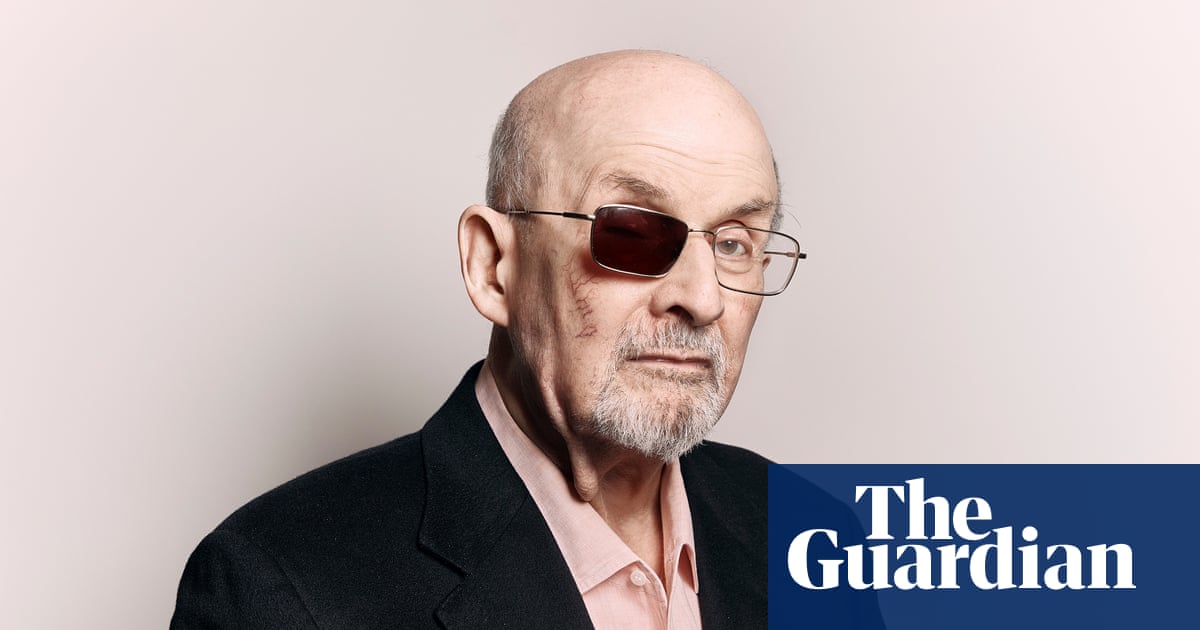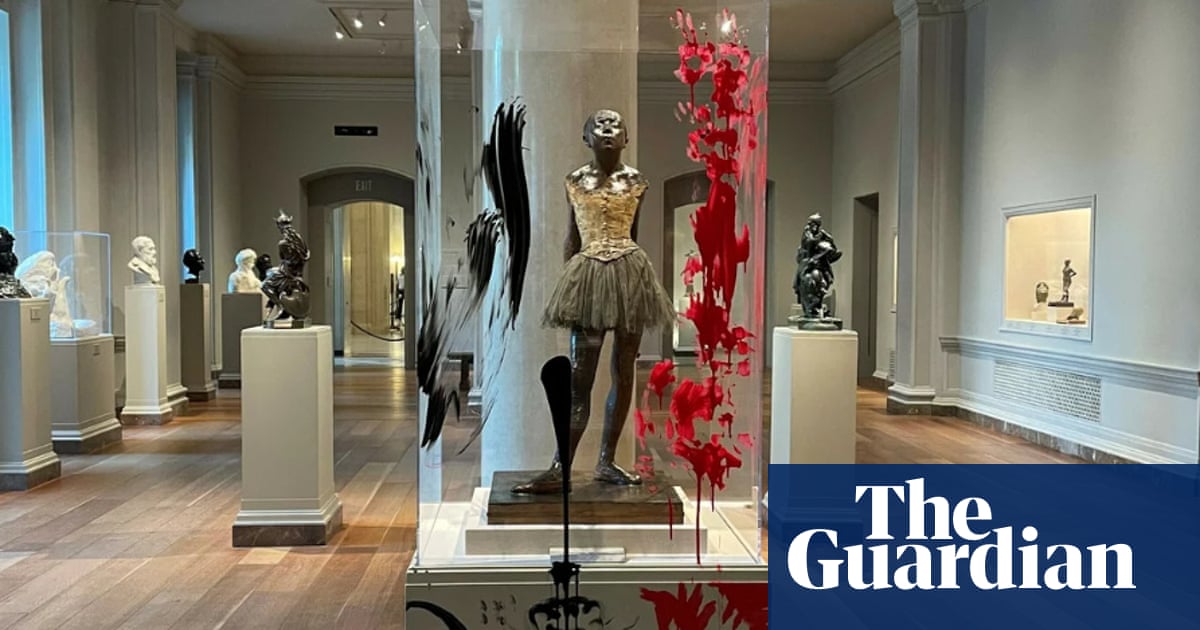What do vicars do in their spare time? Last week, I went with two friends, both fellow vicars, to see the new film I Swear. I knew from the trailer that it was about a man with Tourette syndrome (TS). What I didn’t know was that it was about a real person: John Davidson who was the subject of a 1989 BBC documentary called John’s Not Mad and who later received an MBE for his efforts to educate people about the condition and support his fellow sufferers.
Before that programme, most people had never heard of TS. Nearly 40 years later, everybody (sort of) knows what it is, but it’s still often treated as a punchline – particularly on the comedy circuit.
From the trailer, it seemed clear that the film was going to try to have its cake and eat it by both capitalising on the undeniable comic potential of someone shouting the most inappropriate things (“I use spunk for milk”) at inopportune times and attempting to continue Davidson’s work of raising awareness in a respectful and sensitive way. I hope it’s not a spoiler to say it was successful on both counts – but of course I only knew that by the end.
As the film was starting, a young man sitting in the row in front of us suddenly shouted out a string of obscenities. For a minute, I thought it was a joke – albeit one in very poor taste. However, it quickly became apparent that this was a real-life person with TS: a teenager accompanied by his father.
And as the film continued, so did the boy – with no apparent intervention from either his dad or anyone in the audience. I felt somewhat conflicted. Clearly, it was a big deal for this family to see their no doubt incredibly difficult life depicted on the big screen, and I was pleased that they were having that opportunity. But was it OK that I (and everyone else in the auditorium) could hardly hear the film as a result? Could the cinema not have put on a special screening – as most of the chains regularly do for neurodiverse people in general?

I’m ashamed to say that I actually considered saying something – not to the boy’s father himself (I’m not a monster), but to the manager of the theatre. However, both of my clearly more charitable fellow vicars seemed to have resigned themselves to what was happening. Plus, in the back of my mind was the (admittedly fictional) incident in Extras when Ricky Gervais’s Andy Millman complains about a child making too much noise in a restaurant, unaware that he has Down’s syndrome. He barely survived the resultant bad press – and my offence would have been far worse because I knew the boy literally couldn’t help it.
Fortunately, my better nature prevailed and something extraordinary happened over the following hour and a half. First, I simply became accustomed to the once-intrusive noise. Then, as the film reached its climax and we saw the incredibly liberating effect that Davidson’s Tourette’s camps have had on so many people, I felt humbled and very privileged to be sharing this moment with people who’d actually lived it not just as actors – although Robert Aramayo’s performance as Davidson was superb and, in my view, award-worthy.
I’ve had similar experiences in the cinema before – watching The King’s Speech with a friend with a stammer and his speech therapist wife, or bumping into actual veterans of the Normandy landings in the foyer after Saving Private Ryan – but this was on another level. It was like a 4D screening, but instead of the chairs moving about and sprays of water hitting you in the face, the characters were sitting next to you saying, “This isn’t just a movie. It’s my reality.” And then swearing. Spunk for milk.
So I didn’t complain. As the credits rolled, I actually went and thanked Joe – who was 14 – and Mark, his father, for the gift of their presence, which undoubtedly made our experience even more profound than it would have been anyway. We then had a long chat and took a selfie together – during which we all shouted a rude word in solidarity with Joe.
after newsletter promotion
I would strongly encourage everyone to go and see this brilliant movie and, if you’re lucky enough to find yourself sharing the cinema with someone like Joe, don’t be a nimby like I was at first. You know the sort of thing: “Of course I want people with this condition to be able to see this film, just not in the same screening as me!” Believe me, your experience will be all the richer because they’re there.
-
Ravi Holy is the vicar of Wye in Kent and a standup comedian

 3 months ago
69
3 months ago
69

















































